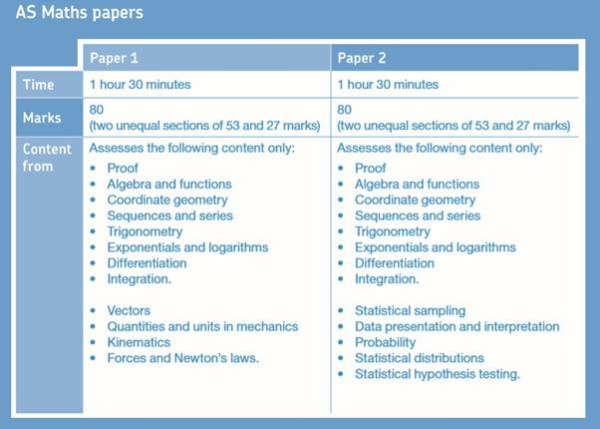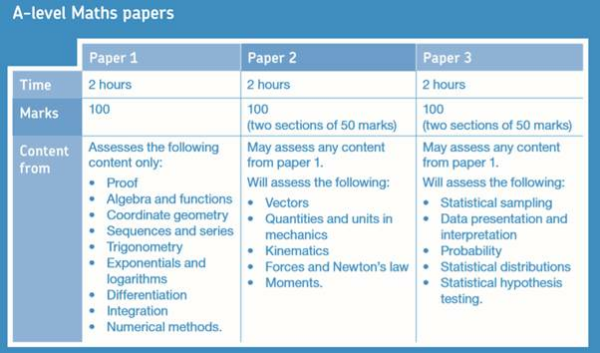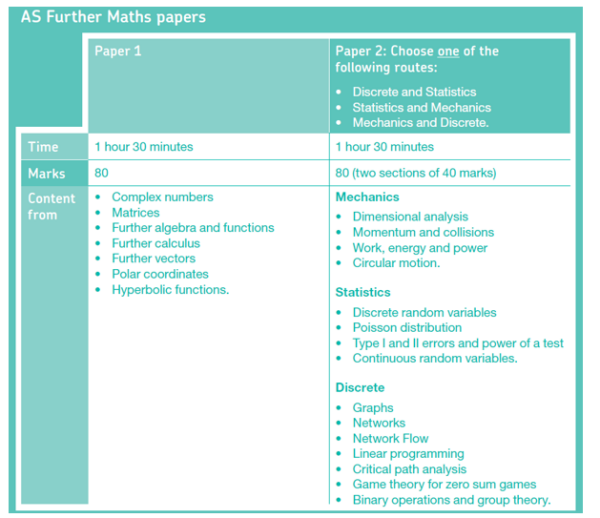Maths
Some Truths about Mathematics
“It has become almost a cliché to remark that nobody boasts of the ignorance of literature, but it is socially acceptable to boast ignorance of Science and proudly claim incompetence in Mathematics.” Richard Dawkins
“Film is one of the three universal languages, the other two: Mathematics and Music.” Frank Capra
In maths at Settle College, we aim for all pupils to have strong numerical skills with emphasis on their financial literacy, making them ready for the real world.
Our curriculum will encourage and support pupils to be become fluent in mathematics, to develop reasoning and to question and explore their own understanding to enhance and develop their knowledge.
Pupils will apply this knowledge to solving problems with the aim to build a curious, inquisitive nature and to apply mathematical concepts to arrive at the correct conclusion, which is essential for success in the information and technological environment of the 21st century.
In mathematics lessons, students will have the opportunity to:
- Experience innovative and effective Maths education of the highest quality
- Aim for the highest standards and fulfil their potential
- Develop their understanding and skills through a range of teaching styles and learning activities.
- Pose questions and develop confidence and understanding through communicating and discussing their ideas.
- Nurture their interest in the subject, through enrichment activities
- Appreciate the relevance and real-life applications of the subject
- Identify their current level of attainment and appreciate how to access the next level.
- Celebrate their successes
- Be creative and develop independence.
- Be included
- Be challenged
The department is housed in a cluster of rooms in the Bradley Building.
The department is well resourced, with a highly dedicated and committed maths team with teaching classrooms, all installed with interactive whiteboard and all other necessary resources.
Pupils are encouraged to supply their own scientific calculator as this will help them to become familiar and confident in its usage, a vital skill necessary to be successful in maths.
In order to further help learning and development, we use home learning which is aimed to improve fluency in basic skills through consolidation of a set of topics over a period of time.
We use Mathswatch, an online learning website to provide support and get instant feedback to learners. This is monitored by the maths team and further individual help can them be targeted as necessary.
Written homework is also set regularly, with a focus on recall tasks.
At Key Stage 4 and 5 revision guidance and documents are provided, including past examination papers to support learning. In school intervention is also made available as required for pupils.
Pupils are regularly assessed throughout their learning and current progress and expectations are shared with pupils. Further help is always available if required by the pupils.
Please see the document below for more information about the curriculum for Maths. If you would like more detailed documents, including information about literacy, personal development and careers, please contact the subject leader.
Maths Department Curriculum Intent
Staff Names and Roles
Mrs K Worthington – Maths Subject Leader
Mr J Lord – Teacher of Maths and Year 7 lead for Maths
Mr S Boatwright - Teacher of Maths
Mr R Ellis - Teacher of Maths
Mrs R Grimshaw - Teacher of Maths
Mr M Harrison - Teacher Maths
Mr G Paisley - Teacher of Maths
Mr A. Bilton - Maths Intervention Tutor




